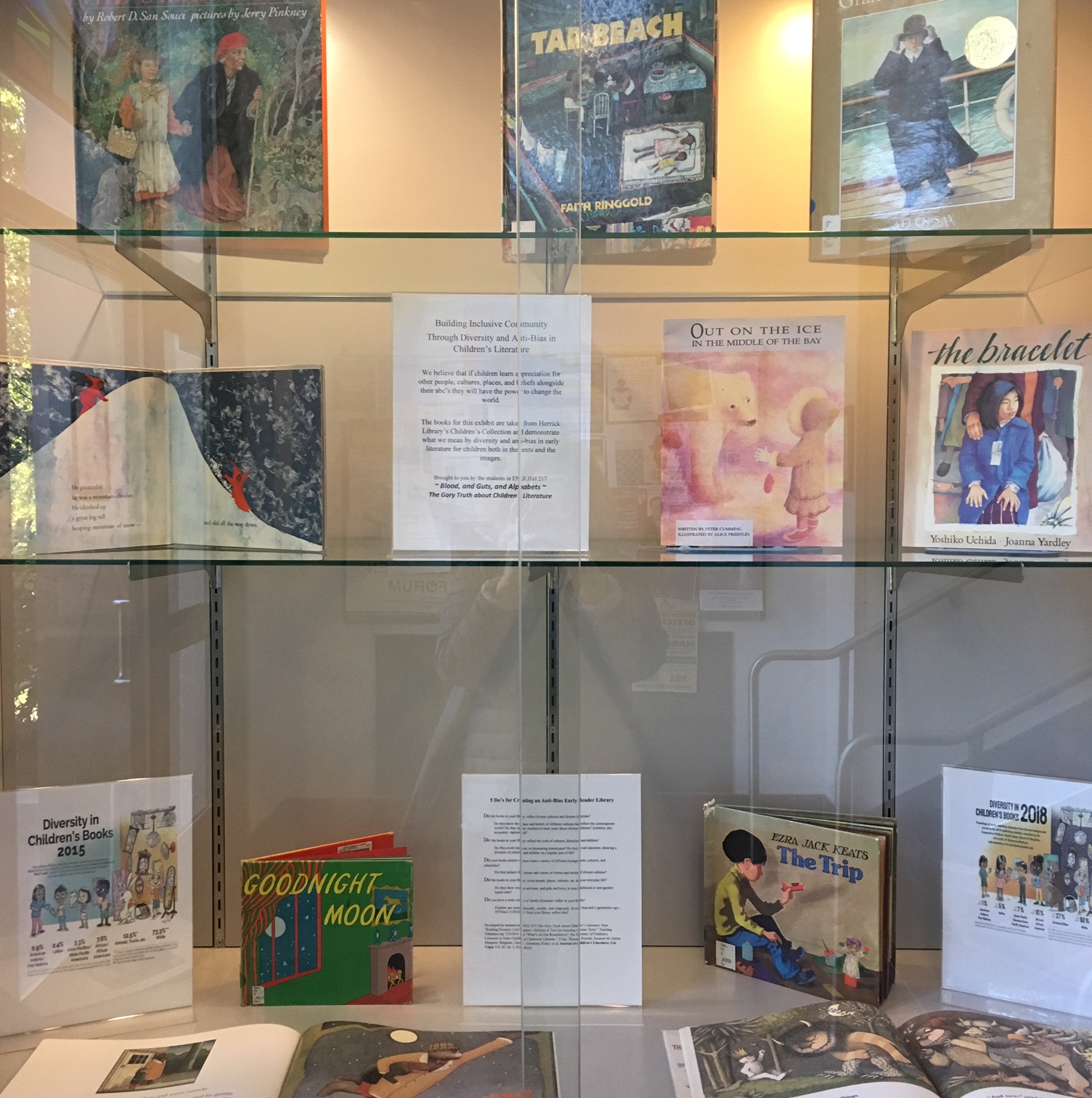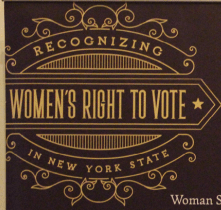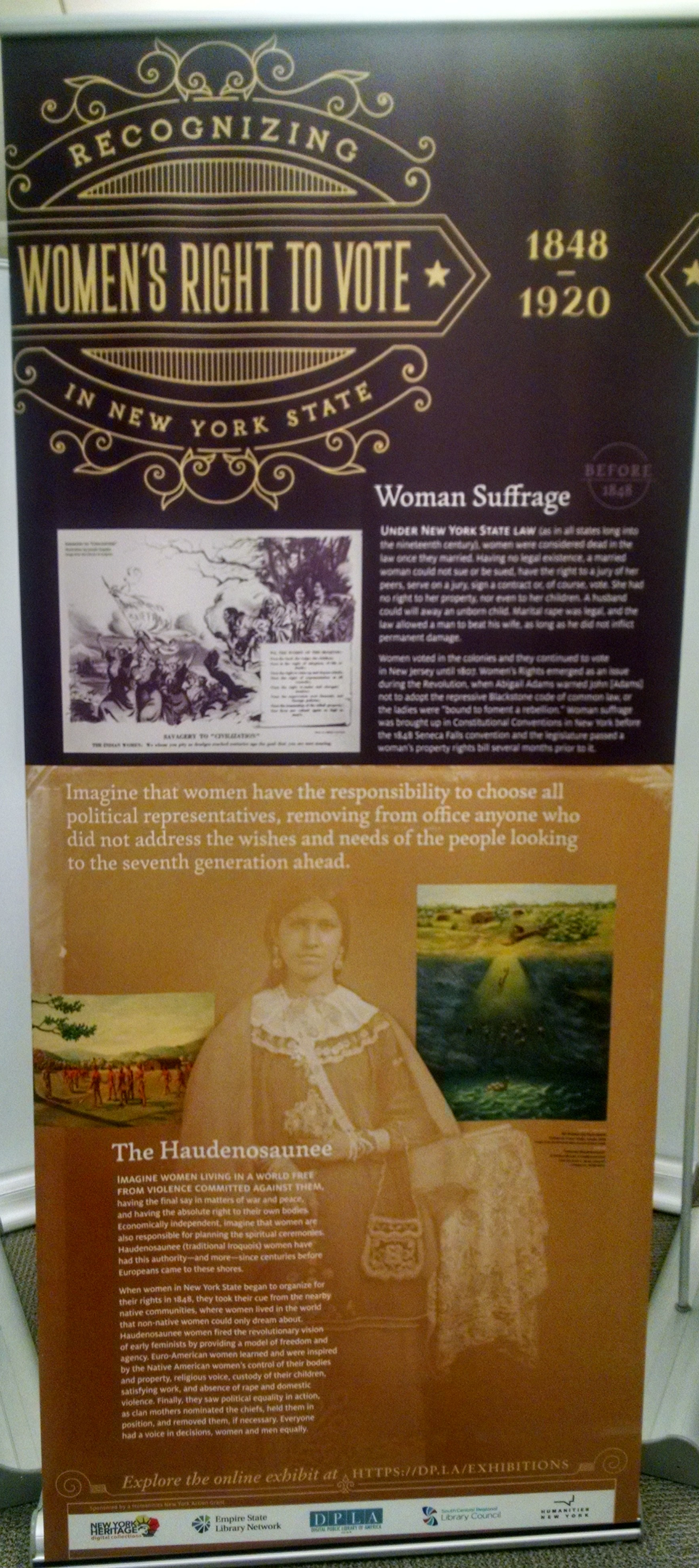In the summer of 2020, Alfred University Libraries made a Commitment to Anti-Racism and Anti-Oppression. In this commitment, we affirmed our support for the mission of the Black Lives Matter movement, recognized the role libraries have played in creating and perpetuating systems of oppression (we are not immune), and committed to action items — both short-term and long-term — designed to strengthen the inclusivity of AU Libraries. Our commitment was intended to be a living document, supporting a sustainable and ongoing process of change.
To provide accountability and ensure we kept our momentum, we published an Update on our Commitment in October 2021.
In this post, we continue informing the Alfred University community on our progress and lay out where we plan on going next.
2021-22 Progress:
- We continued working to establish a Student Advisory Group (SAG) with the mission of providing a dedicated venue for student input and feedback on where the Libraries are doing well and where there is room for improvement.
- We acknowledge that at this point we have had difficulty sustaining the SAG, but we believe it is important to keep working towards this goal.
- Over the course of the year we worked to secure both funds and permission from University administration to pay SAG members for their time and contributions to the Libraries. We believe that compensating people for their mental and emotional labor is important, and we are excited to have accomplished this piece of implementing the SAG.
- Bystander Intervention and Conflict Deescalation training facilitated by Right to Be (formerly Hollaback!) was incorporated into the Fall AU Libraries retreat for all professional library personnel.
- Incorporated the Alfred University Land Acknowledgement (developed in collaboration with the Seneca Nation) and a page on accessibility in the libraries into the new AU Libraries website (libraries.alfred.edu)
- A reading and discussion group for library personnel focused on anti-racism and anti-oppression met several times. We discussed:
- First meeting: Convened the group, established ground rules/norms, discussed the overall mission of the group, and brainstormed articles to read.
- Khuu, Michelle. “Make the Library Loud: Removing communication barriers for library workers with hearing loss.” up//root.
- Brown, Jennifer. “Are student workers the answer to our diversity ‘problem’?” WOC+lib.
- Farkas, Meredith. “So I’m a conspiracy theorist now? A call for retraction.” Information Wants To Be Free. and Soehner, Catherine B. and Chanel Roe. “Conspiratorial Thinking in Academic Libraries: Implications for Change Management and Leadership.” In the Library with the Lead Pipe.
- All professional library personnel were encouraged to participate in Safe Zone training.
- Established a Zine collection to add voices, perspectives, and modalities of expression not traditionally included in academic libraries.
- Subscribed to the Black Life in America database and the Diversity and Ethnic Studies electronic book collection to improve coverage of the experience and impact of African Americans, and issues of diversity, equity, and inclusion.
- Conducted an audit of furniture in public library spaces aimed at evaluating the presence of products of prison labor. The process and outcomes of this audit were presented at the annual conference of the SUNY Librarians Association.
Ongoing Projects:
- Continue working with the Student Advisory Group to hear, discuss, and integrate student suggestions and feedback for library collections, events, projects, services, displays, and policies.
- Continue reading and discussion group for library personnel focused on anti-racism and anti-oppression topics.
- Continue soliciting feedback from the student body on “What would make you feel more welcome and/or comfortable in the Alfred University Libraries?”
- Strongly encourage all professional library personnel to participate in Safe Zone training.
- Integrate anti-racist and/or anti-oppression values and language into the Alfred University Libraries Mission, Vision, and Values.
- Expand the Libraries’ anti-oppression efforts to explicitly incorporate other marginalized populations, such as the LGBTQ+ and disability communities.
- Include the Alfred University land-acknowledgement statement at the start of all library programs.
- Survey library staff for feedback on bystander intervention and conflict de escalation training.
New Action Items:
- Implement ethical purchasing recommendations for furniture, and continue to develop guidelines for other library purchases.
- Contribute to discussions within SUNY about bias in catalog records/critical cataloging.
- Encourage staff to include pronouns in email signatures.
- Develop documentation of equitable hiring procedures — based on the 2020-21 librarian search process and a continued evaluation of best-practices — to inform future library searches.
- Along with notes about the aspects of the search which improved equity, this documentation should include notes on the trouble-spots which were identified during the search and suggestions for addressing them in future searches.
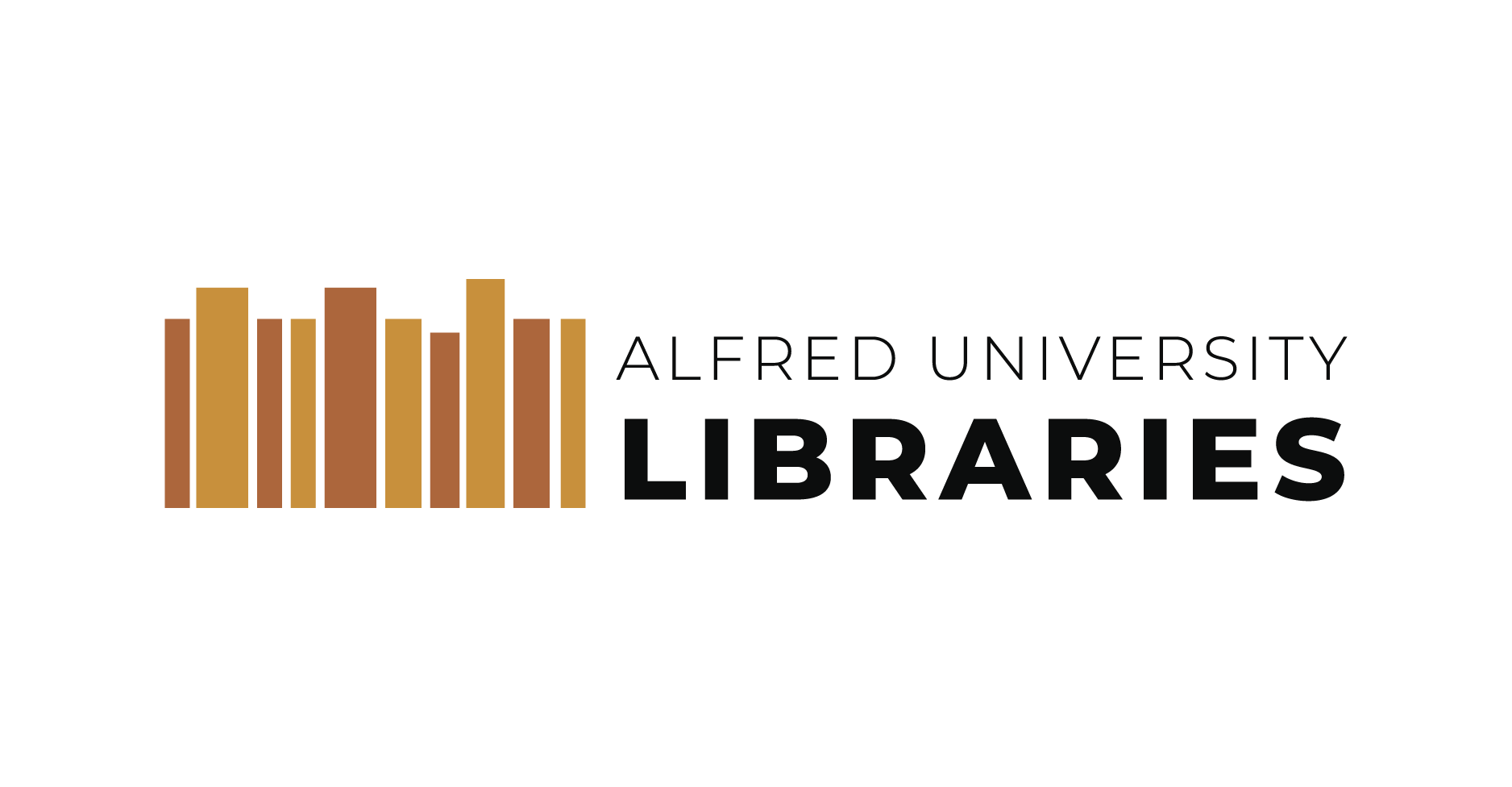
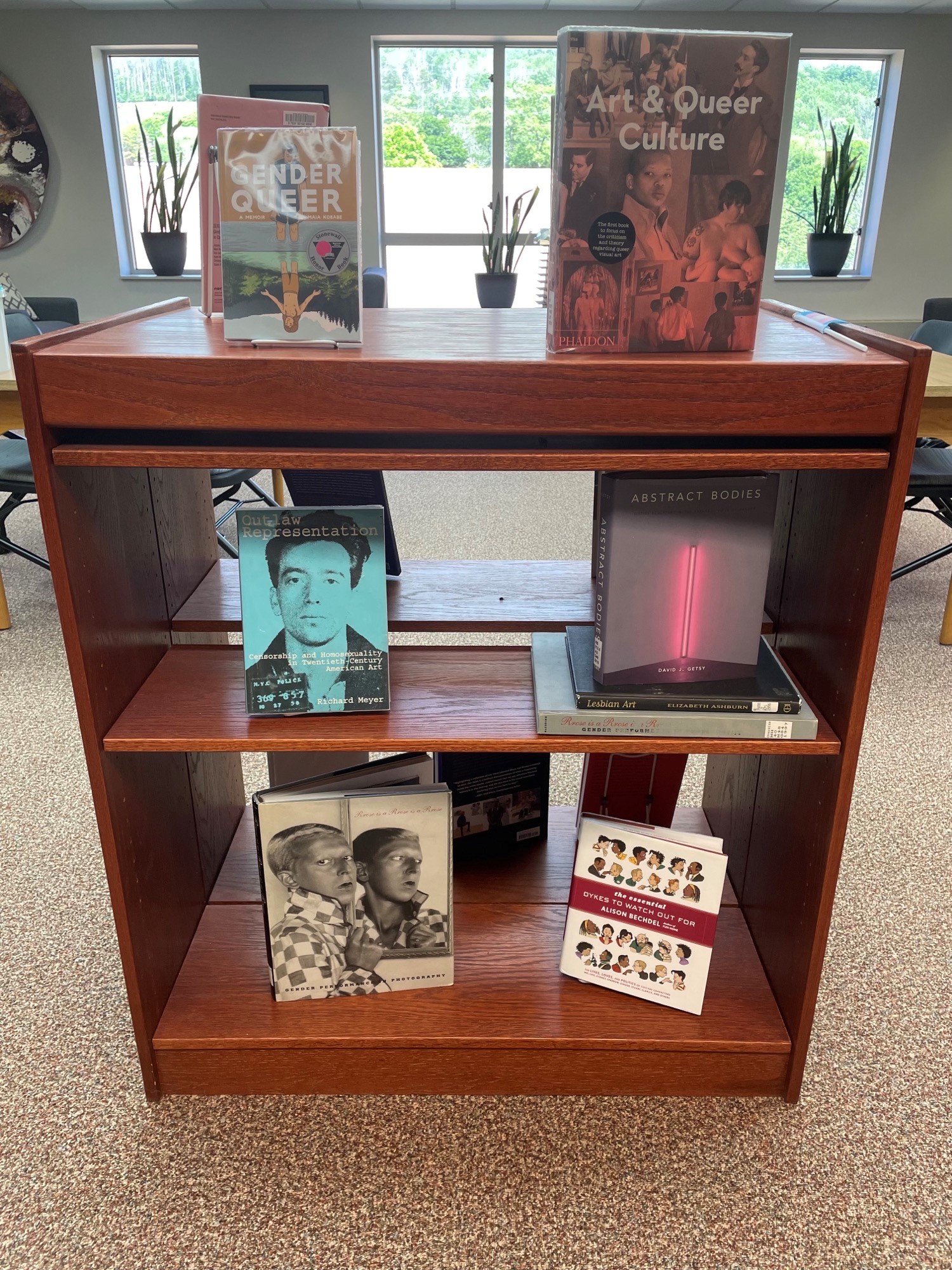
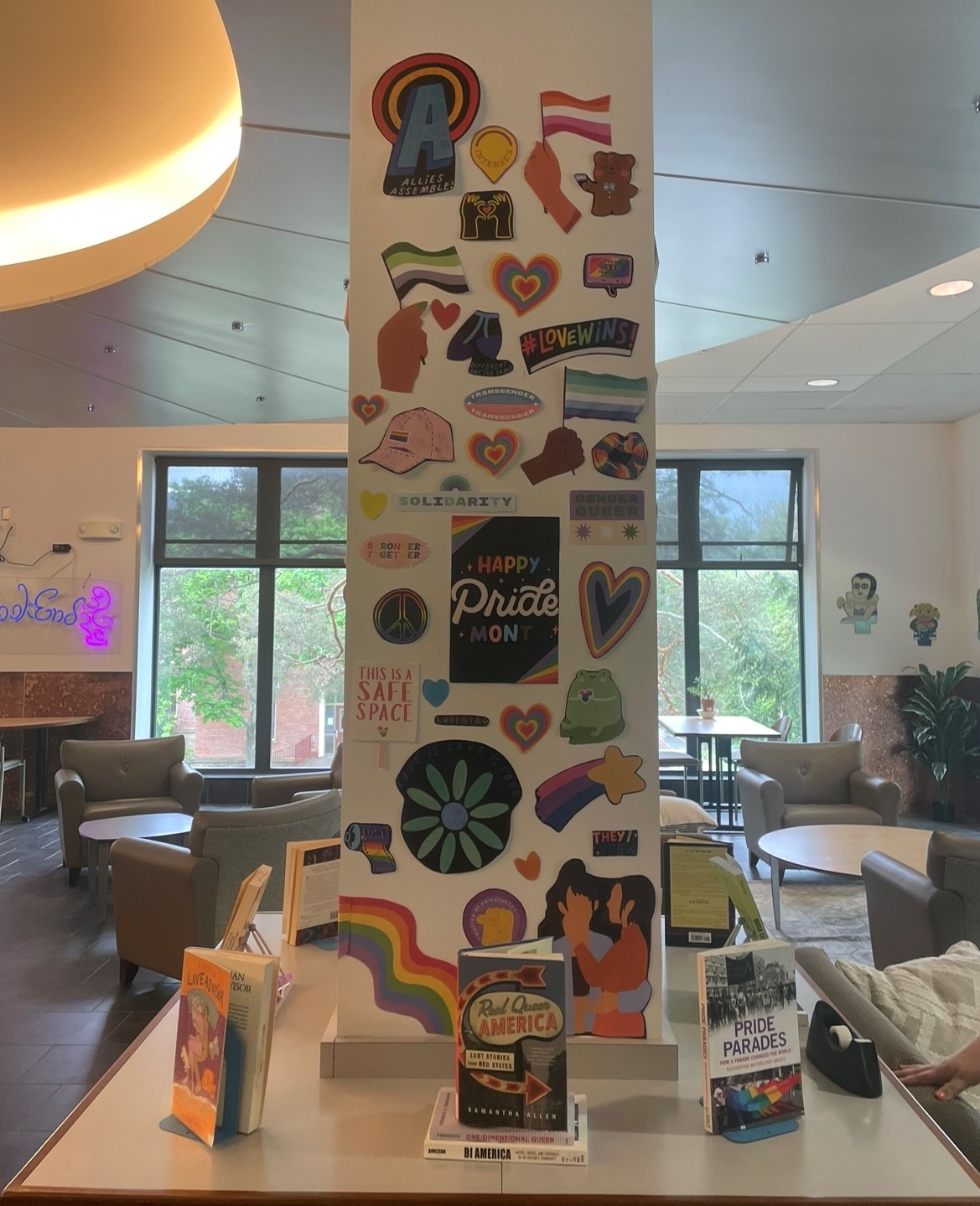
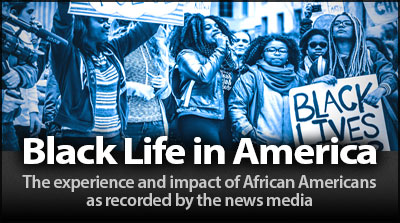
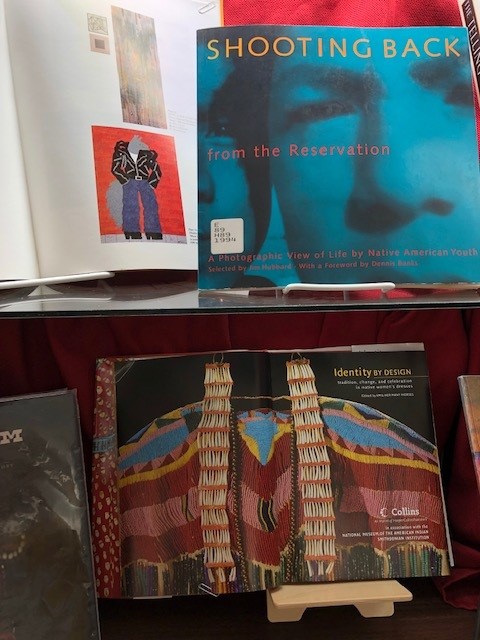
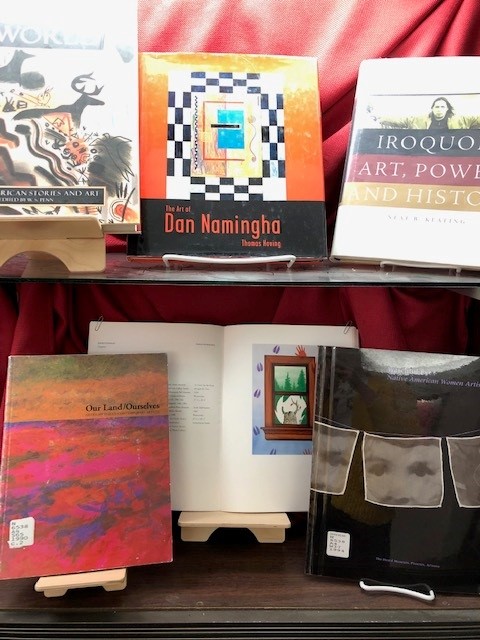

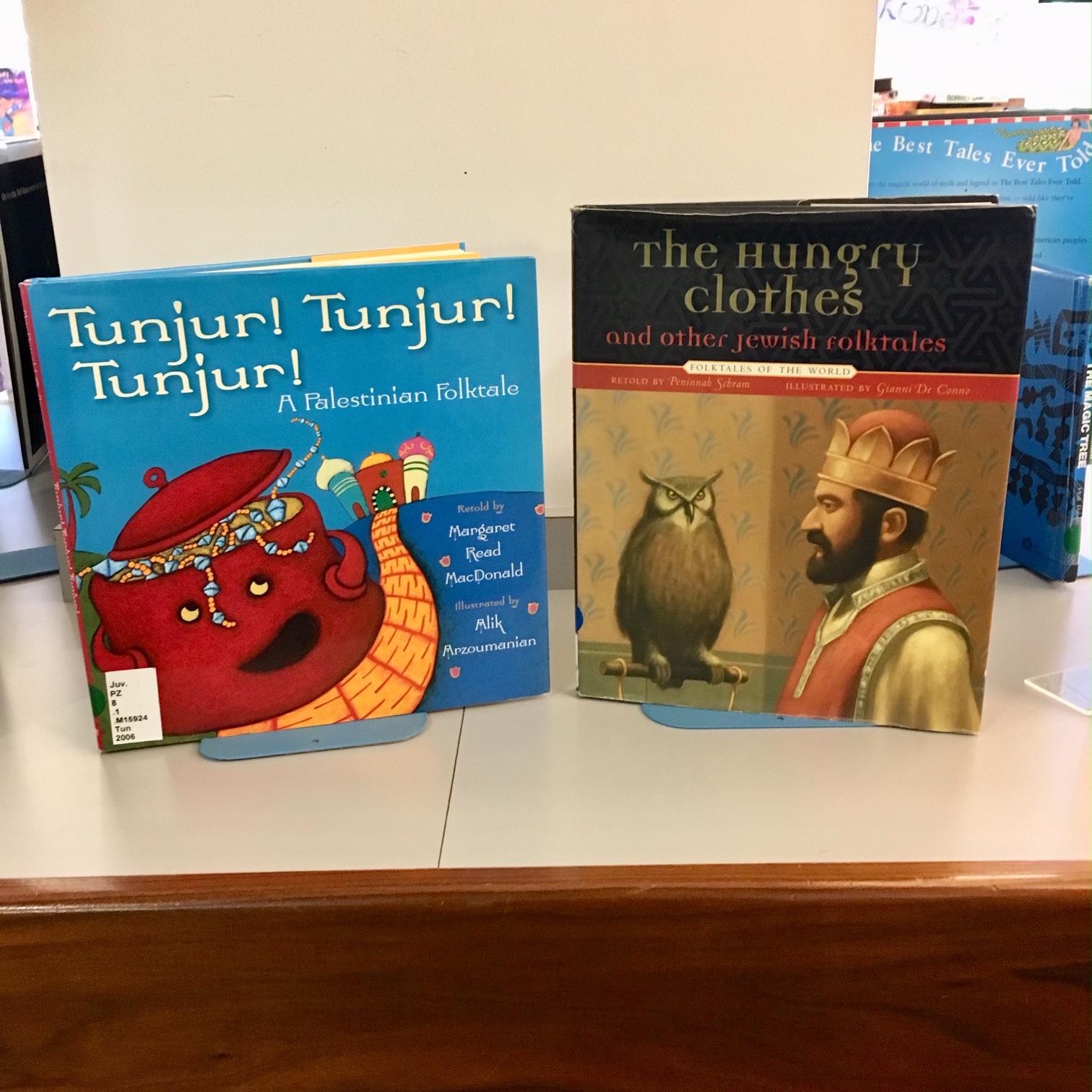
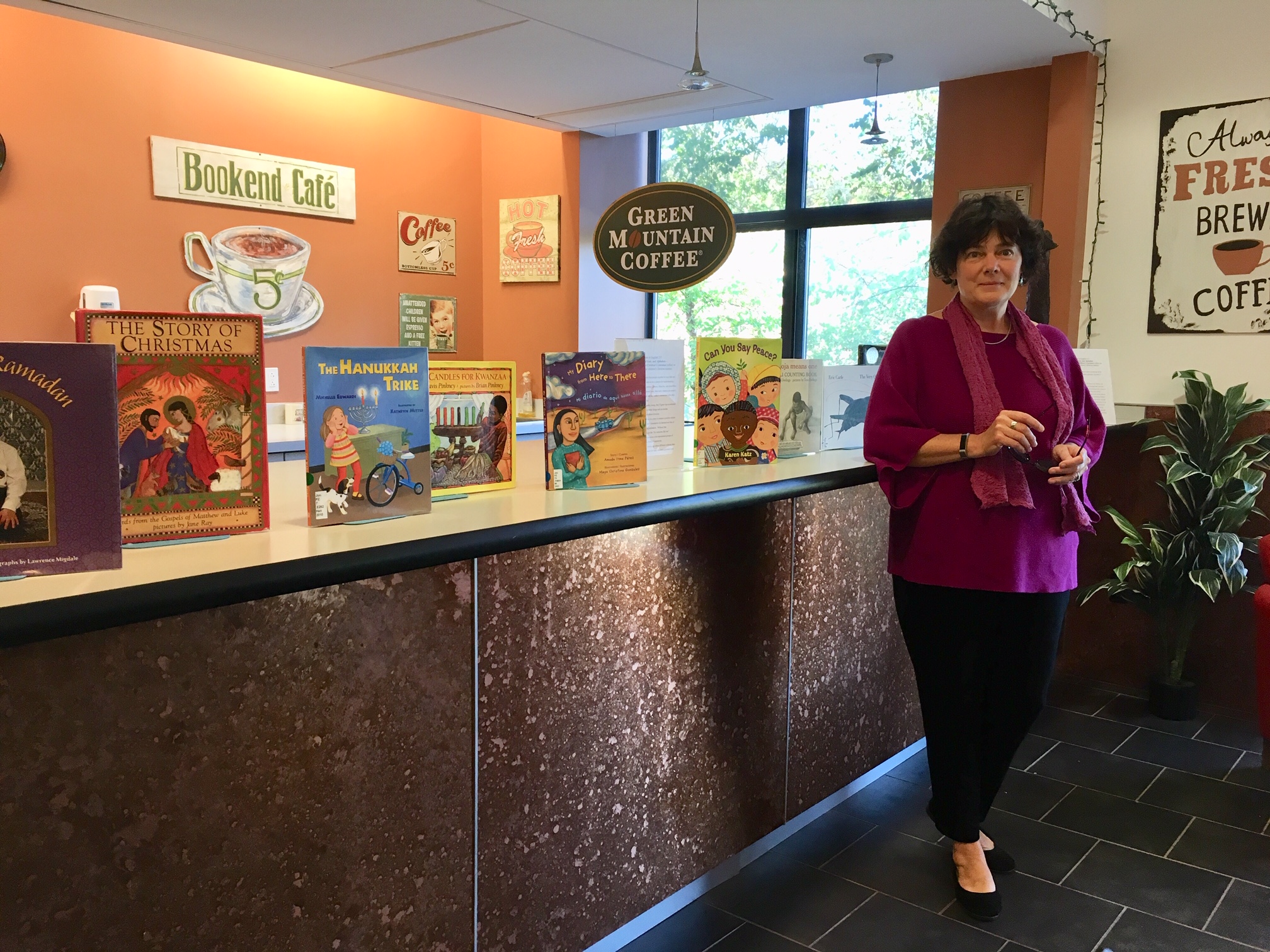 The exhibit includes books from Herrick Library’s Children’s Collection, selected for their demonstration (in both text and images) of diversity and anti-bias in early literature for children.
The exhibit includes books from Herrick Library’s Children’s Collection, selected for their demonstration (in both text and images) of diversity and anti-bias in early literature for children.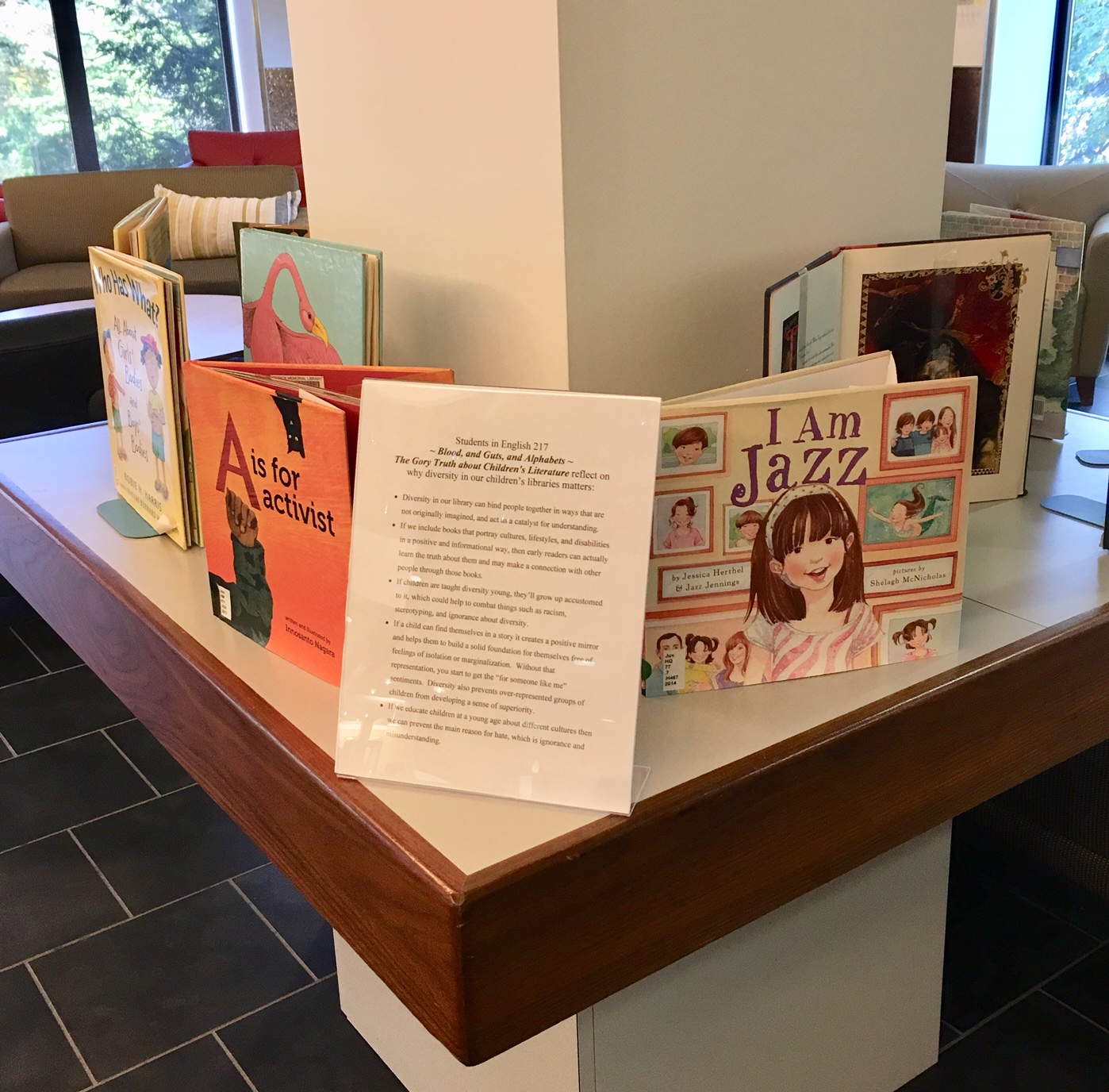 DO the books in your library reflect the truth of cultures, lifestyles, and abilities?
DO the books in your library reflect the truth of cultures, lifestyles, and abilities?